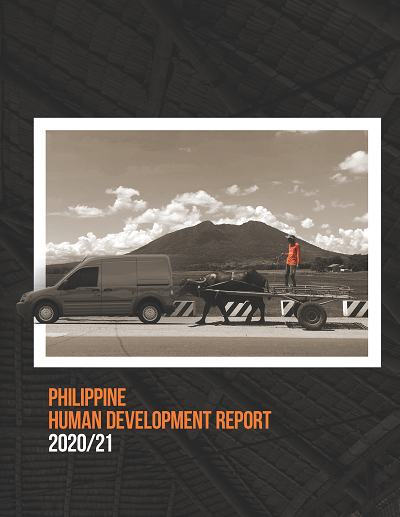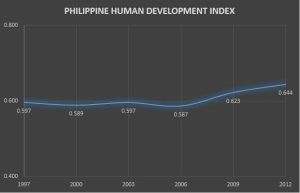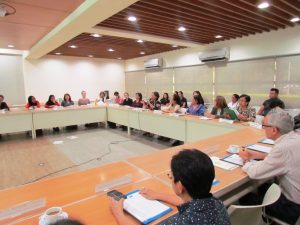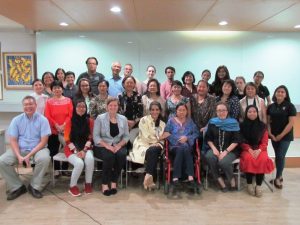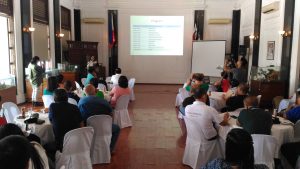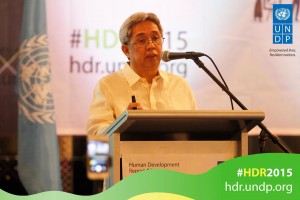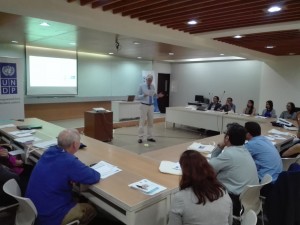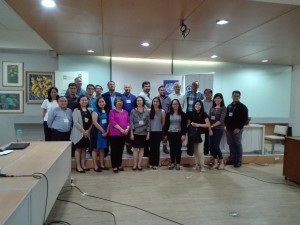The 2020/2021 Philippine Human Development Report (PHDR) with the theme, Socioecononomic Mobility and Human Development, is now available online. This issue of the Philippine Human Development Report explores a new perspective on the advancement of living standards, one that not only documents achieved human development outcomes but also inquires into the processes that allow people and families to improve their condition through time and sustain such improvements across generations. It views welfare changes not only through the usual dichotomy of poor and nonpoor but through a prism that recognizes the increasing social and economic differentiation of families and individuals in the country.
Part 1 of the Report shows that Filipino households have been moving with different welfare trajectories over time and across generations. Therefore, public policies must take into account the differentiated capacities and needs of households and individuals in the entire process of upward social mobility. Part 2 analyzes the progress of human development of different provinces in the country, including Metro Manila, in the 1997 to 2015 period. While some progress during the period has been noted, there is no clear upward path for all provinces. Rather, there is high variability in provincial performance over the period covered.
The Report provides a new analytical framework and useful insights into the public imperatives on meeting the increasingly differentiated characteristics of various socioeconomic groups in the country. The report can also be downloaded from the Human Development website.

